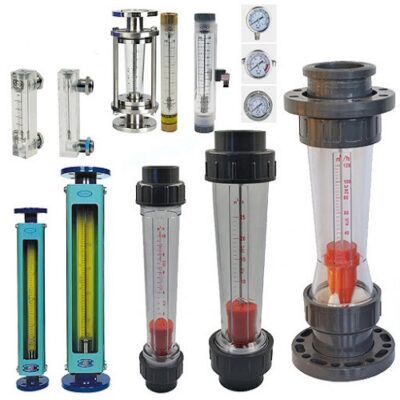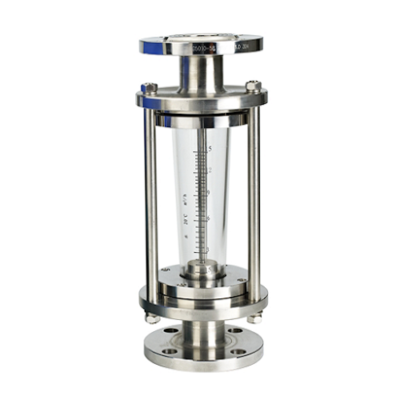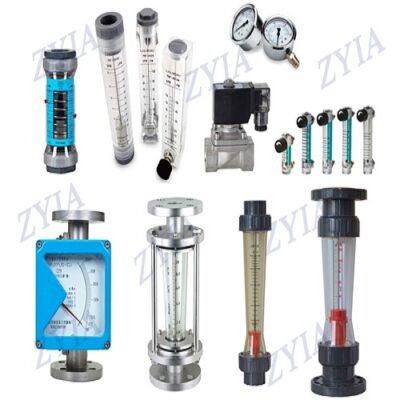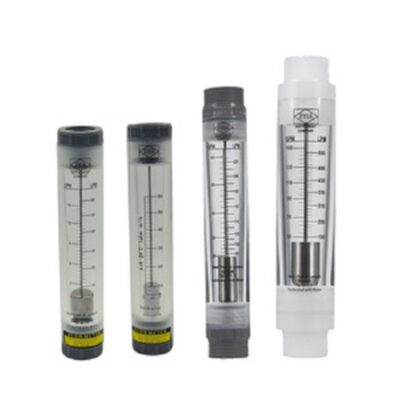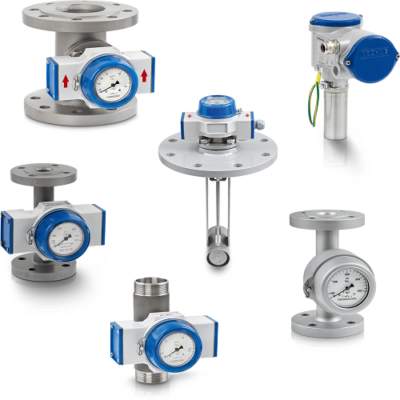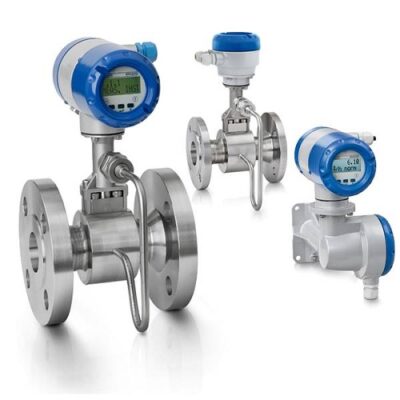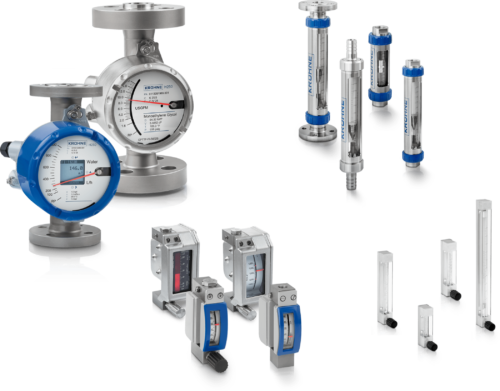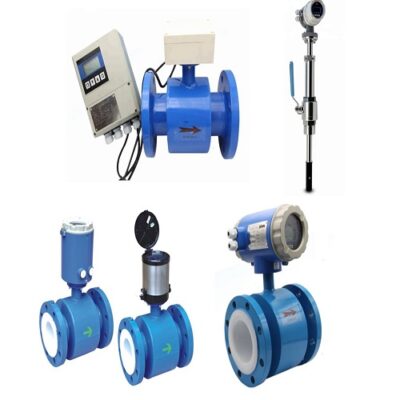A flow meter is a device used to measure the volume or mass of a gas or liquid. Flow meters are referred to by many names, such as flow gauge, flow indicator, liquid meter, flow rate sensor, etc. depending on the particular industry. However, they all measure flow. Open channels, like rivers or streams, may be measured with flow meters. Or more frequently, the most utility from a flow meter and the greatest variety of flow meters focus on measuring gasses and liquids in a pipe. Improving the precision, accuracy, and resolution of fluid measurement are the greatest benefits of the best flow meters.
What type of flow meter is best?
There are no “universal” flow meters which are suitable for all applications. Selecting the proper technology for your application requires writing a flow specification which covers the use of the meter. There are usually trade-offs with each meter type, so knowing the critical specifications will be important.
Things you must know:
- What is the Gas or Liquid being measured?
- Minimum and maximum flow rates.
- What are the accuracy requirements?
- The fluid temperature and viscosity.
- Fluid compatibility with the materials of construction (See our materials compatibility guide)
- The maximum pressure at the location.
- What pressure drop is allowable?
- Is the meter mounted in a hazardous location where explosive gases may be present?
- Is the fluid flow continuous or intermittent?
- What type of output signal or readout do you need?
Use your collected information to eliminate the technologies that do not apply (ex. Turbines don’t work for viscous fluids, Coriolis meters don’t respond fast enough for injection flow, Positive Displacement meters aren’t economical for large pipe diameters like a 12 inch diameter line.). You will then have a comparison of the remaining technologies. Accurate meters are priced based on their capabilities. It is better to locate the type of meter which fits your application before trading features for cost savings. Closely evaluate your extreme conditions, such as low flow rates, high pressure or temperature, or the need to measure over a wide operating range. If these conditions are critical to quality for you, do not use lower priced alternatives applied outside of their capabilities.
